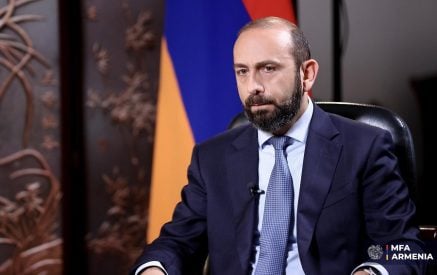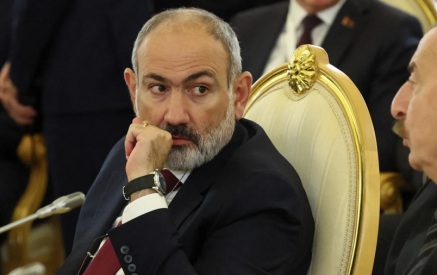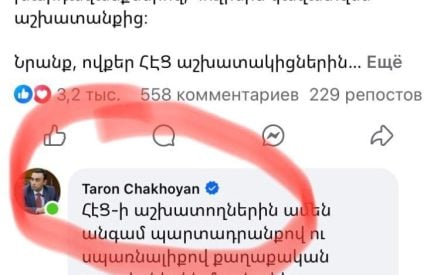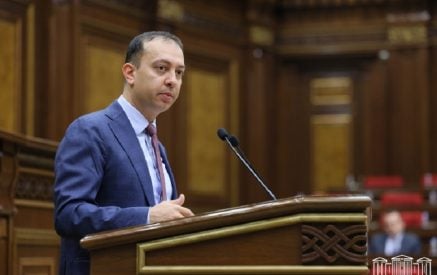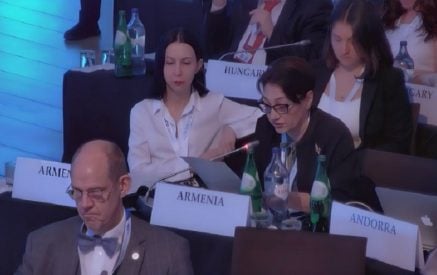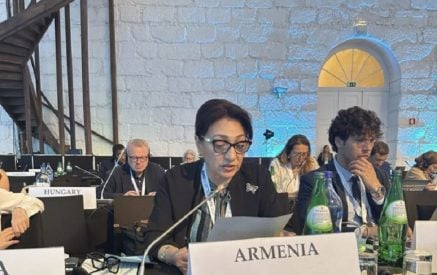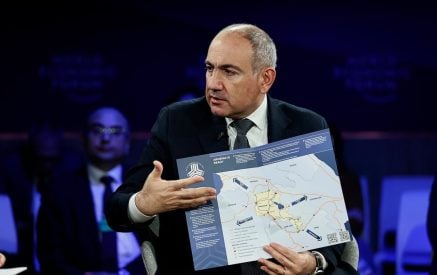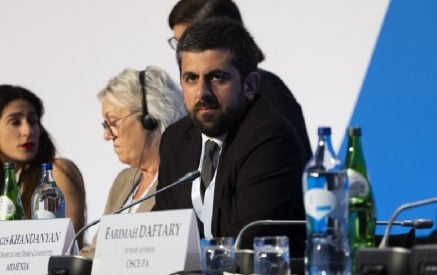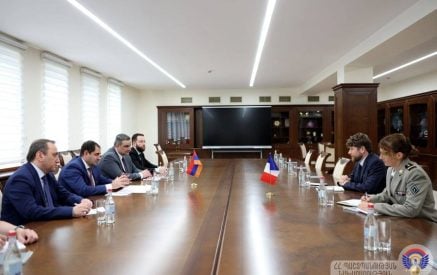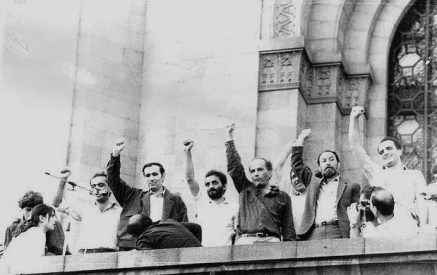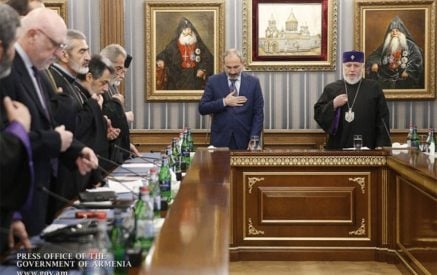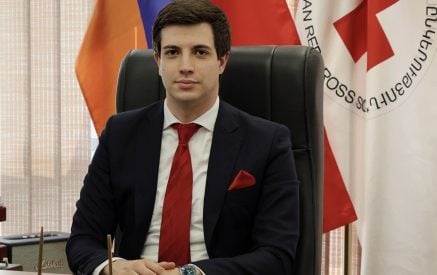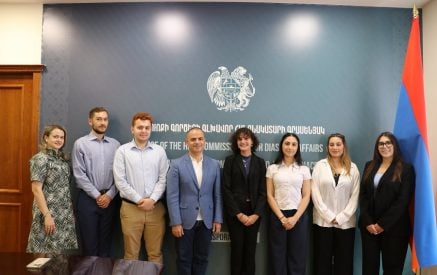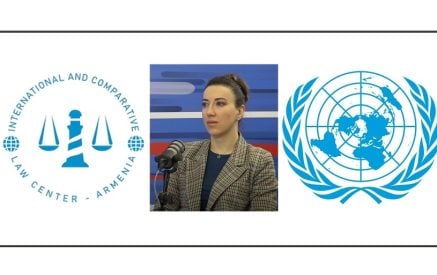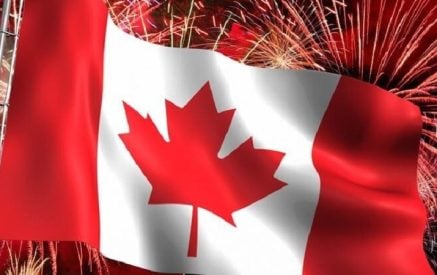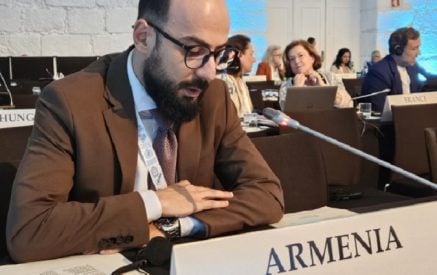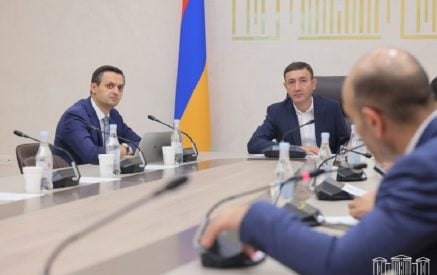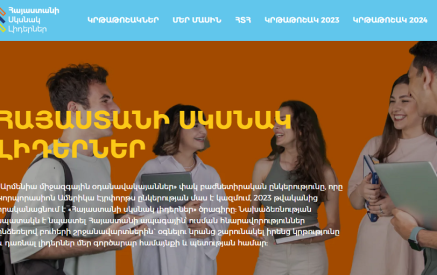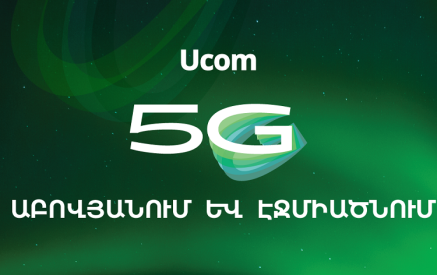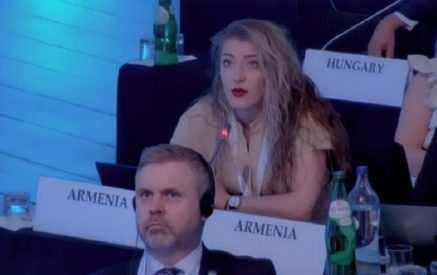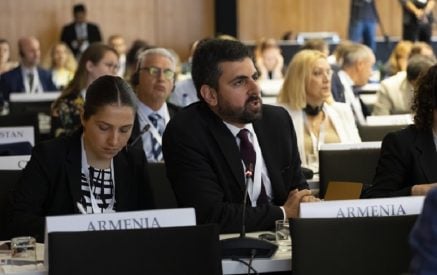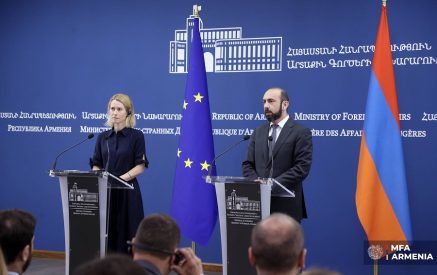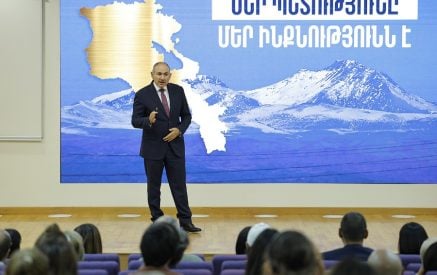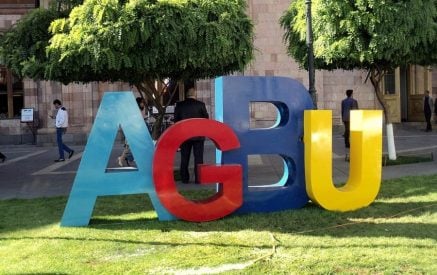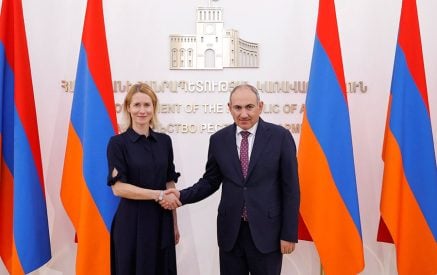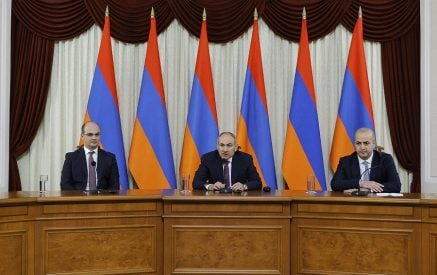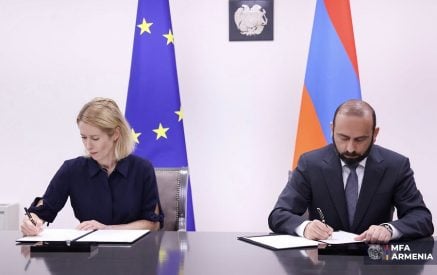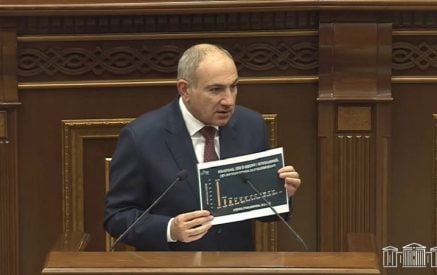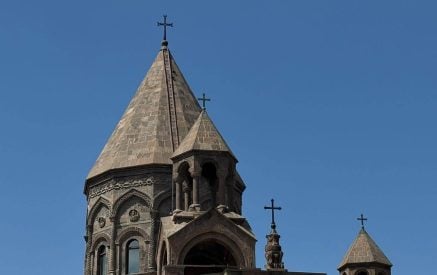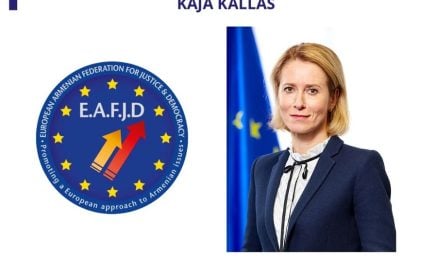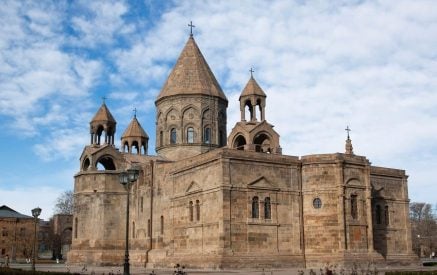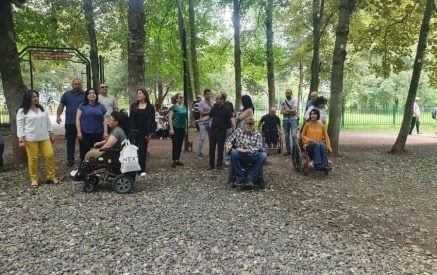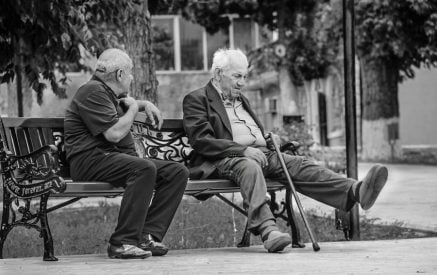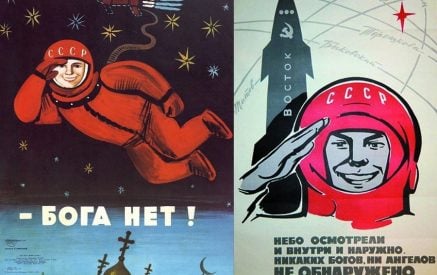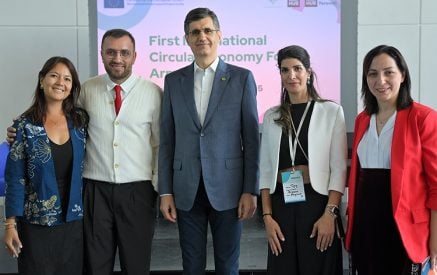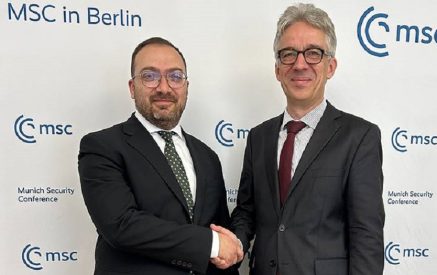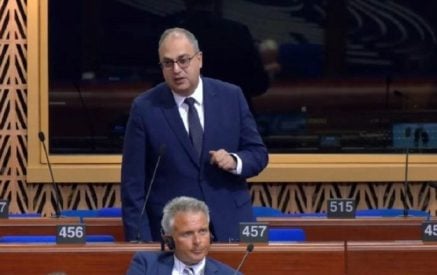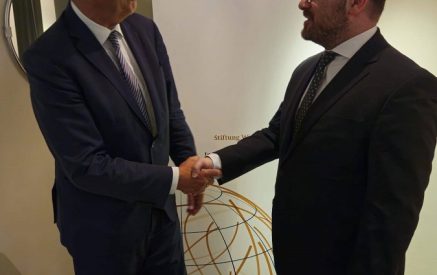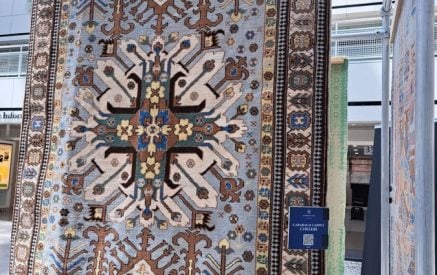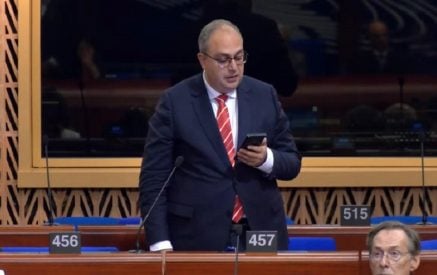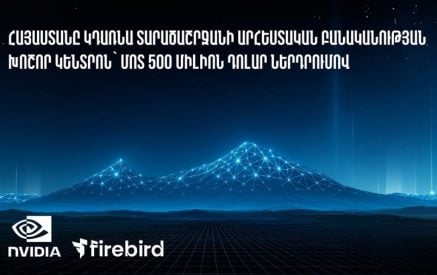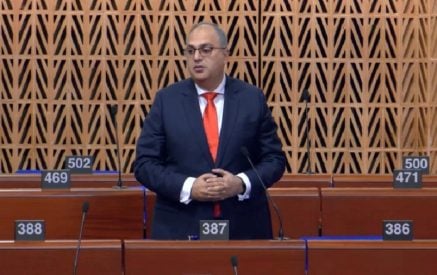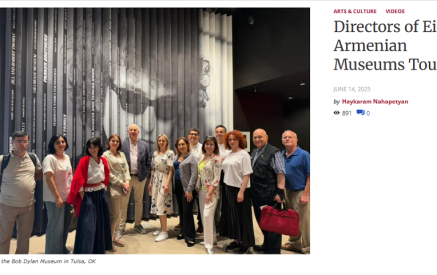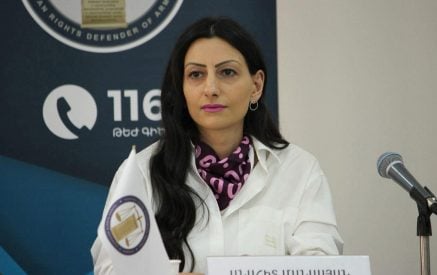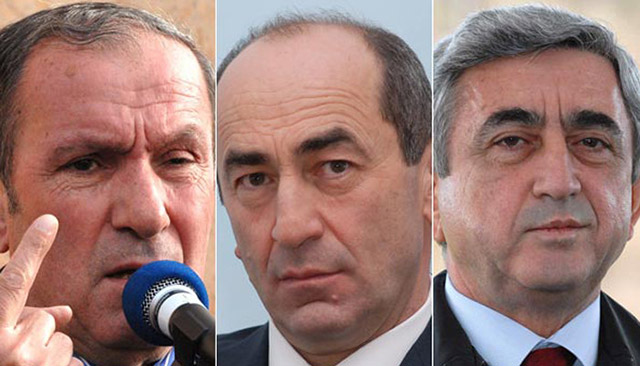“Nikol has become an Armenian-speaking Aliyev. He says that Aliyev’s bellicose statements are a mirror image of the thoughts voiced by Armenia. Another thing says that someone told him that clever thought. He’s kidding himself,” said RPA Deputy Chair Armen Ashotyan, referring to Prime Minister Nikol Pashinyan’s press conference at a meeting with journalists on January 25 at the Hayeli press club.
“I appeal to any pro-Nikol individual. Bring some proof from Levon Ter-Petrossian, Robert Kocharyan, or Serzh Sargsyan that any Armenian leader said that Baku is Armenian. There is no such thing. He is lying. The Armenian leaders have never spoken about the fact that Baku, let’s assume, is Armenian. And when the Azerbaijanis say via Aliyev’s mouth that Yerevan is Azerbaijani, Nikol justifies it,” said Armen Ashotyan.
According to him, Nikol Pashinyan justifies Ilham Aliyev with such statements. “It’s the same as the Israeli prime minister justifying the Holocaust. Can you imagine? Nikol Pashinyan was trying to deceive that the recognition of Azerbaijan’s territorial integrity by Armenia took place in 1992, and we have been planting bombs since then in the context of Artsakh remaining Armenian. It seems to me that this should not concern me, because Levon Ter-Petrossian’s supporters should have talked about such ridiculous statements now, but we are above jealousy scenes with those internal political camps, because the Artsakh issue is for all of us. Artsakh was Armenian and independent during the administrations of the previous three presidents,” said RPA Deputy Chair Armen Ashotyan, referring to Prime Minister Nikol Pashinyan’s statement yesterday that Armenia recognized Azerbaijan’s territorial integrity back in 1992.
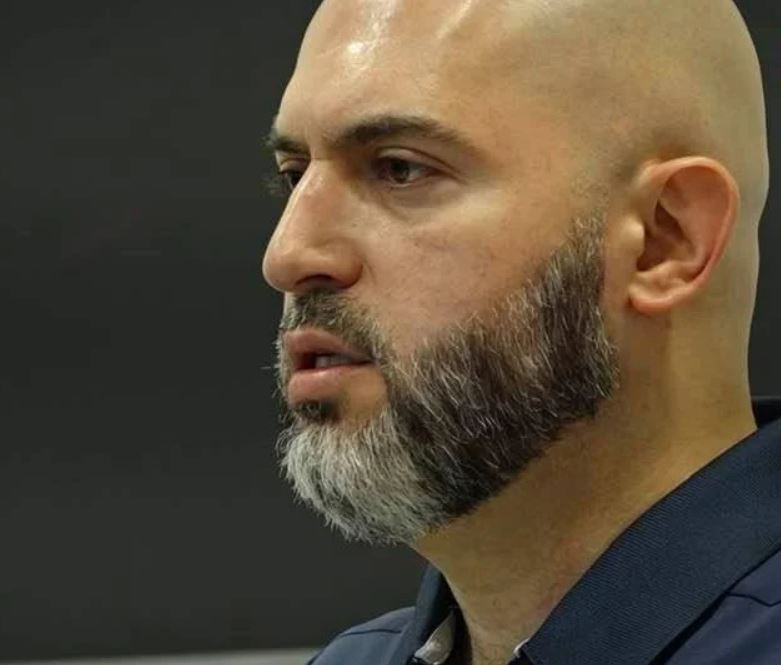
RPA Deputy Chair Armen Ashotyan
“Let’s understand where Nikol is throwing the people off. First, countries with unresolved border issues are members of international organizations. There is a requirement for that membership that territorial integrity be recognized. This is a protocol and a declarative process, not a real-political one. Otherwise, how is it that Greece and Turkey are members of NATO, but have territorial disputes with each other? Or, Cyprus and Turkey are members of the Council of Europe, but have territorial problems. In other words, if Armenia and Azerbaijan joined the CIS in 1992, it does not mean that the territorial issues between the two countries have been resolved. Second, the Artsakh issue had nothing to do with territorial integrity, because Armenia has never had territorial aspirations towards Azerbaijan.
Read also
Considering the Artsakh issue as a territorial dispute is an Azerbaijani policy, which father and son Aliyev have been saying for 25 years. In other words, Nikol repeated the theses of the Azerbaijani leader, presenting the Artsakh issue as a territorial dispute. The struggle of the people of Artsakh is anchored on the right of the people to self-determination and has nothing to do with territorial integrity,” the RPA vice-president stressed.
Armen Ashotyan also clarified that the OSCE Minsk Group Co-Chairs have repeatedly said that the “Madrid Principles” are a whole in which, along with the principle of territorial integrity, there is also the right of peoples to self-determination. “If the Republic of Armenia, as Nikol wants to put it, washed its hands of the Artsakh issue in 1992, what was the Minsk Group doing for 25 years? Isn’t it clear that the Artsakh problem was not solved by the resolutions of the UN Security Council, otherwise the Minsk Group would not have been created? Isn’t it clear that Nikol, by presenting the problem in this way, is lying? Besides, if the basic principles are bad, why did Nikol write in the government’s program and agree to them?”
Luiza Sukiasyan



